Dingle Peninsula (Sort of) Done and Inch Beach Parkrun
Thursday was a good reminder for us that it’s always a good idea to have a plan B when looking at overnight stops. The video below shows you why we moved on from Coumeenoole Strand parking. Only this morning did we realise how lucky we had been with our second overnight option.
After a quiet night tucked up with several other vans at Clogher Strand (N52.156771, W10.459575) we woke to another sunny day, so followed a signposted 3km walk nearby. We set off along the road then turned into some fields which took us to a path along the rocky coastline.
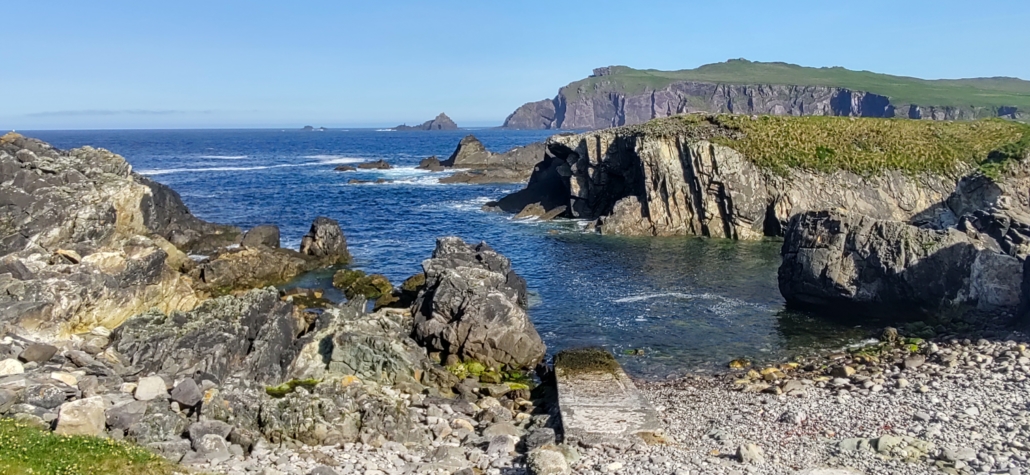
Several photo stops later, our ears were filled with a low rumbling noise. The sea was fairly calm all around us, but went foaming and angry at the next set of cliffs. Strewn around the top of the cliffs huge rocks thrown there by the waves had us thinking twice about going any closer. The beautiful formations left behind by the sea were hardy spiked hunks of rock standing in stark contrast to the fluffy pink blankets of flowers on their edges.
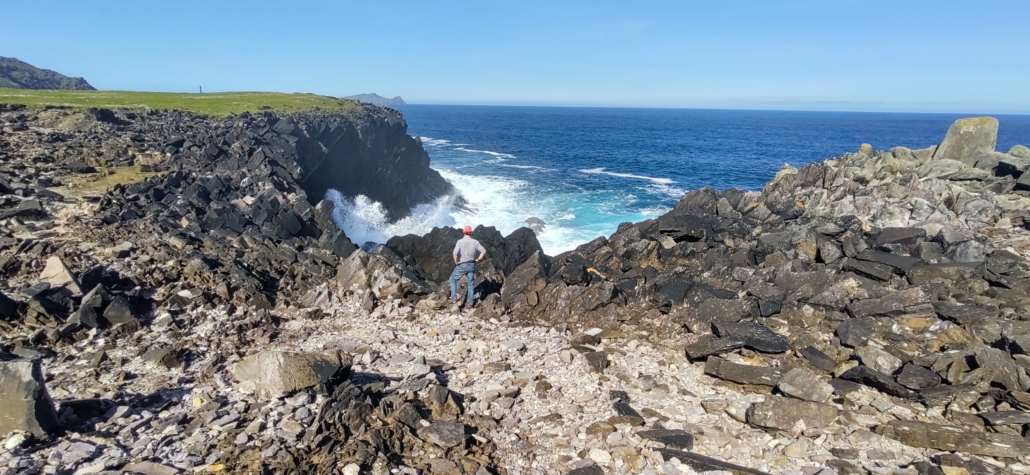
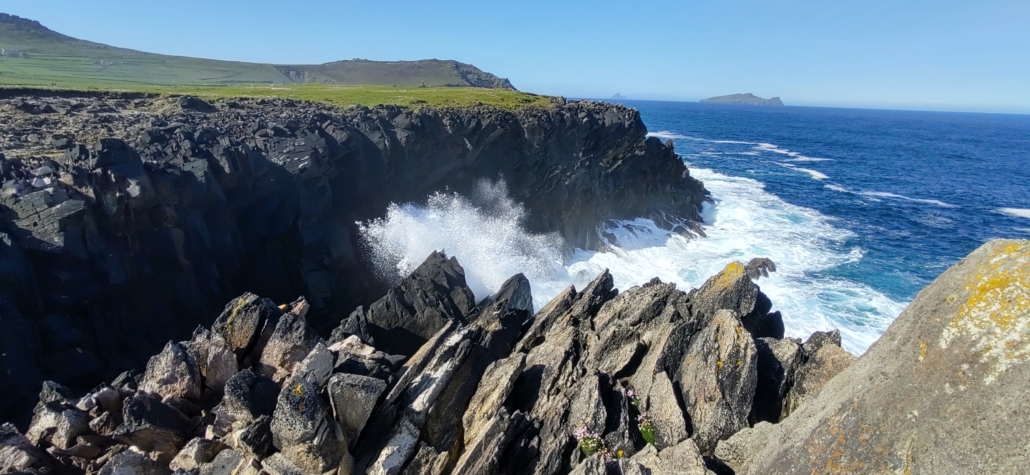
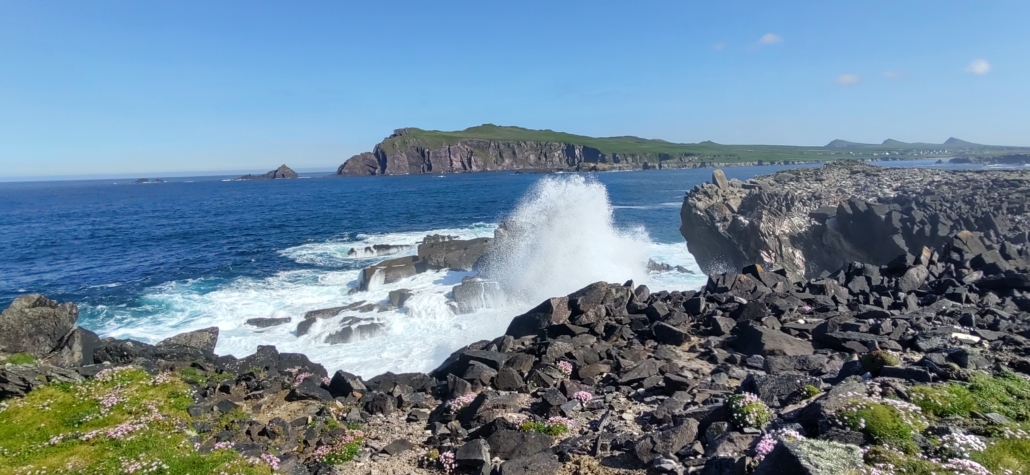
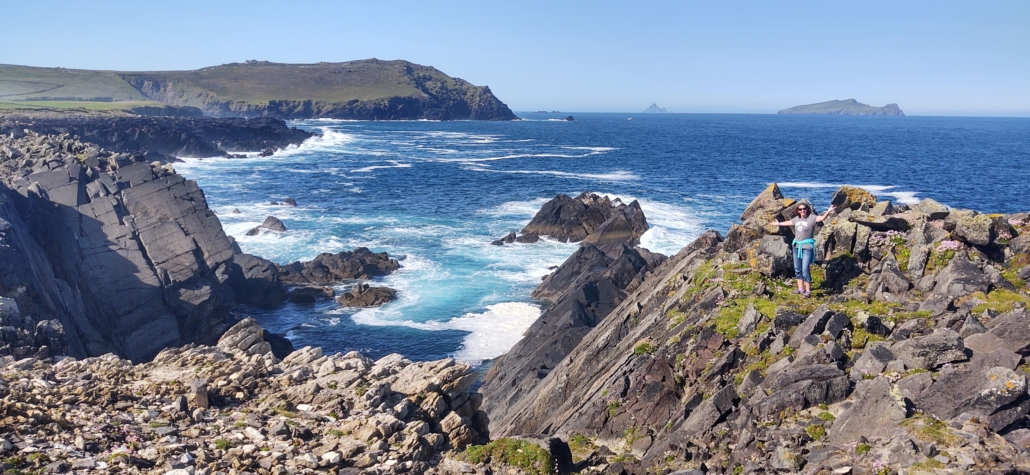
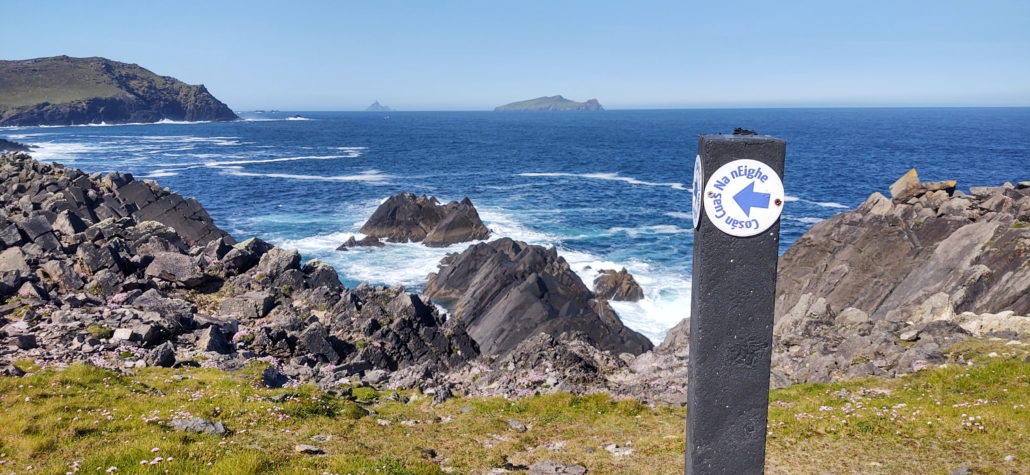
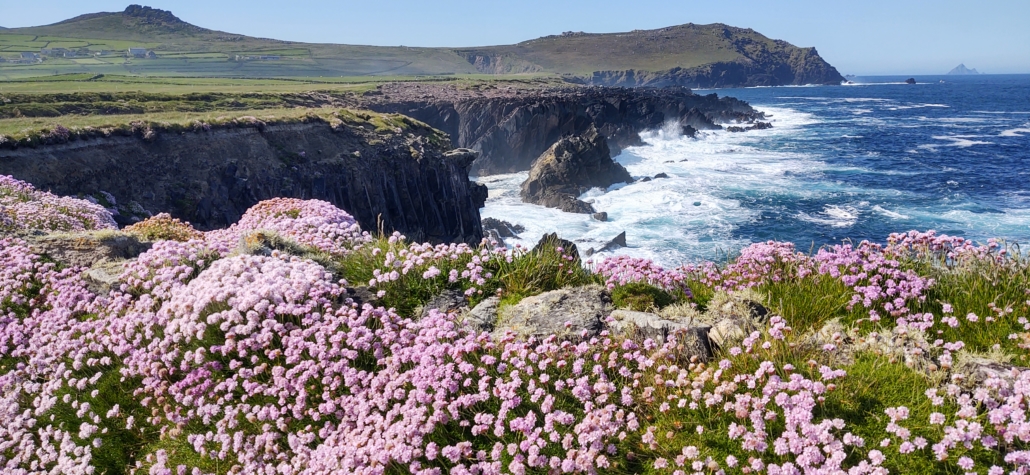
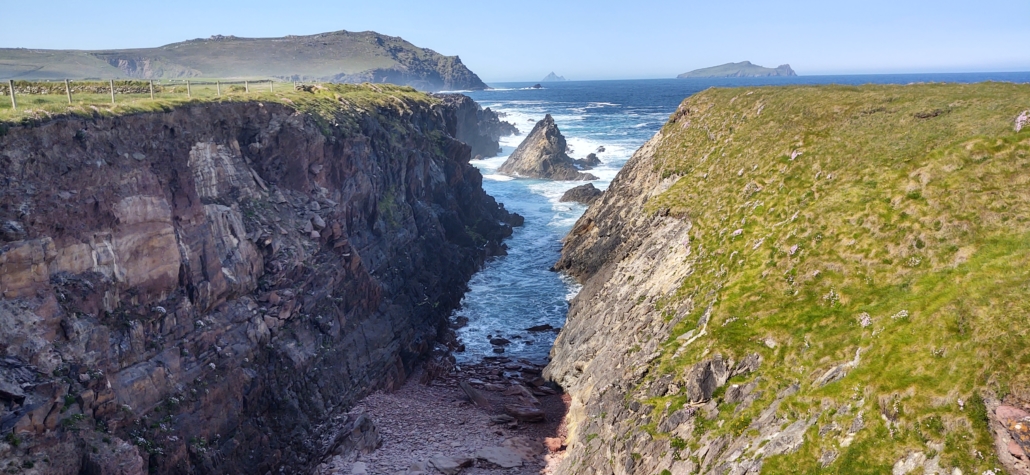
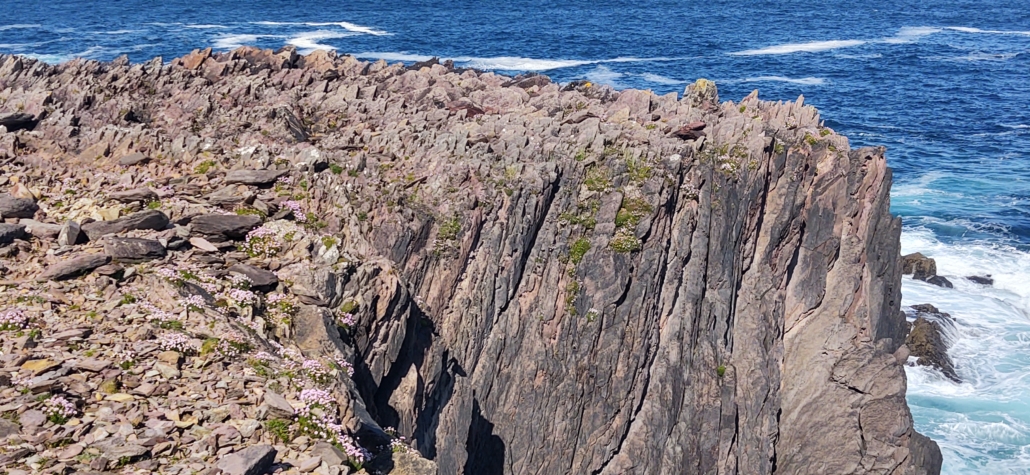
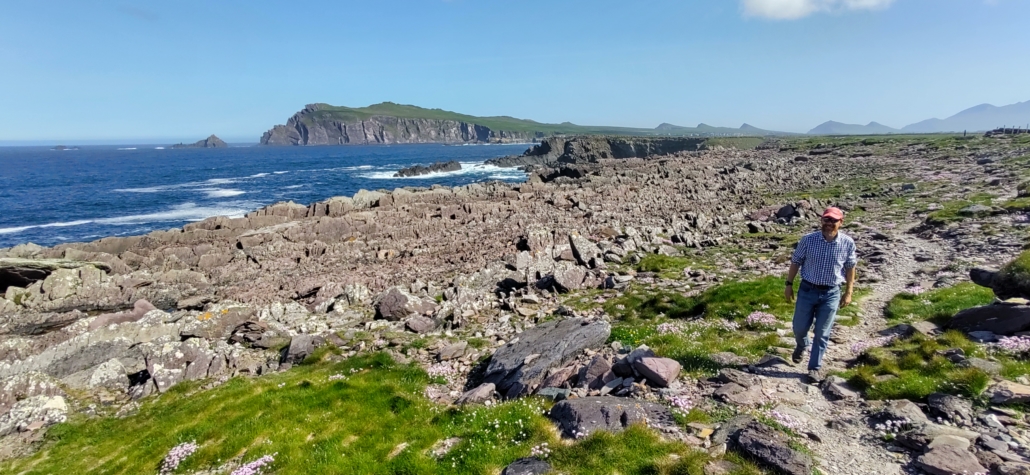
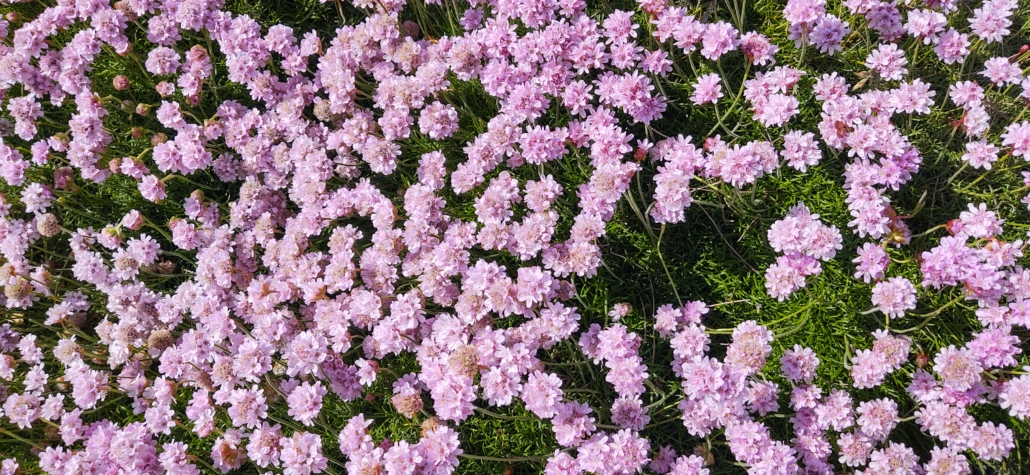
If we had stuck it out at Coumeenoole Strand we’d have had a rubbish night’s sleep. The following day we’d have just driven past the small beach parking at Clogher and would have missed out on this walk and the very picturesque coastline.
Booked into the campsite at Inch Strand for Friday night, we had the day to finish the rest of the Slea Head drive. Checking our map, the Wild Atlantic Way crosses the peninsula using the Connor Pass, and we love a mountain pass. We wondered whether we could go over it and back again like we did with Healy Pass on the Beara Peninsula?
Fortunately I googled it before we set off, as the Connor Pass is a big no-no in a motorhome. It has a weight limit of 2 tonnes and its maximum width is less than Zagan, by more than a couple of wing mirrors. Sadly, we had to put a big cross through it on our map, and resign ourselves to the fact that we were unable to drive the entire Dingle Peninsula. It did get me wondering how many unsuspecting motorhomes have gone over the pass. We didn’t see any signage as we drove through Dingle and there’s nothing in any of the Wild Atlantic Way literature handed out by the tourist board. Apparently there are warning signs on the route though, so we’d have been given a chance to turn back.
We reluctantly set off from the beach side car park, we could have sat and looked at the view there all day. Our first stop was to be an ancient monastic site at Reask, but as we reached the road leading to it, we carried on. The narrow lane looked a bit small to us (yes, we bottled it!) and we weren’t sure if there would be anywhere to turn around.
Next stop was Gallarus Oratory (a chapel), where there was a tiny car park by the roadside, or you could pay to park at the visitor’s centre. Squeezing Zagan into the freebie parking, we walked to the small, but perfectly formed and preserved dry stone chapel. We had the place to ourselves and wandered around inside and out marveling at how smooth the walls were for something built in the 7th or 8th Century.
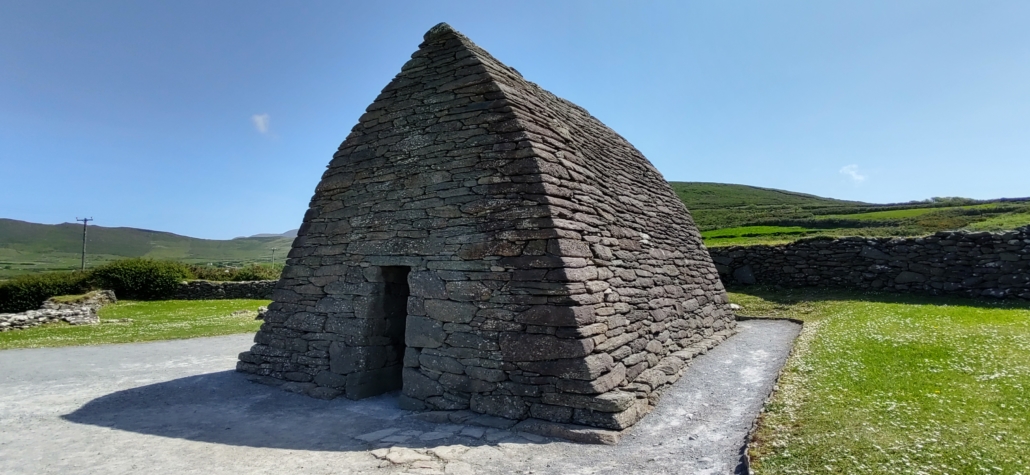
Having been inspired by seeing the oratory, we decided to head back to the monastic site as it was only a couple of kilometres back down the road. This time we found some parking by the main road and walked up the narrow road. There was a small parking area by the Reask site, and a mini bus had made it, but we much prefered the park and walk option.
The site is the remains of a 5th or 6th Century monastic settlement, but all that remained were low stone walls. Having seen the intact Gallarus Oratory and the reconstructed ‘beehive huts’ at Kerry Cliffs made it much easier to visualize what it would have looked like. It was also similar to the stone fort we visited towards the end of this peninsula, but with lower walls. A young American family were wandering the site at the same time, and we enjoyed a chat with them as their kids played on the ground.
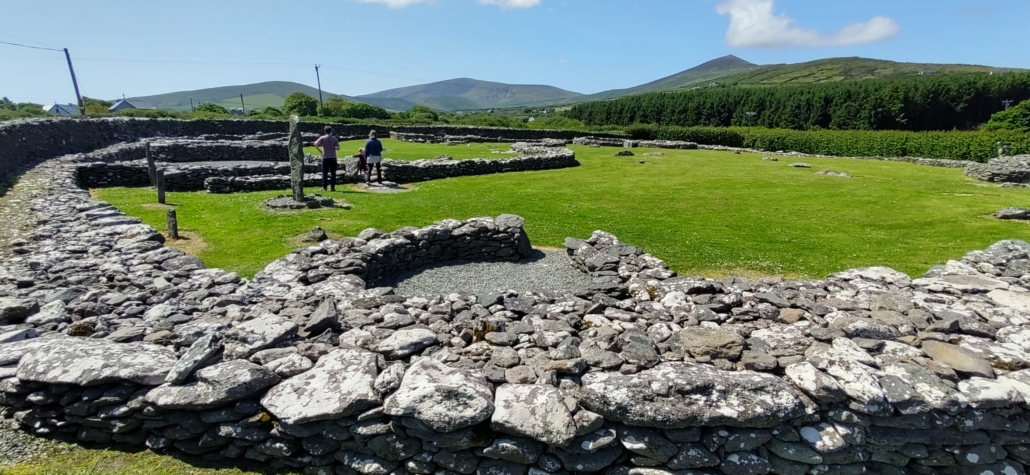
Our final stop of the morning was Kilmalkedar Church, which our Lonely Planet guidebook said is the Dingle Peninsula’s most important Christian site. We parked in the car park for the nearby new cemetery, which has only a couple of its rows filled with headstones, and walked along the road to the ruined church. It was in a beautiful setting overlooking Smerwick harbour.
Information boards told how the architecture was a blend of Irish and Romanesque, which was popular across Europe when it was built in the 12th Century. Another board told us that all three places we’d visited this morning were all on the Cosan na Naomh (Saints Road) at 17km walking route across part of the peninsula. All three sites were free to explore.
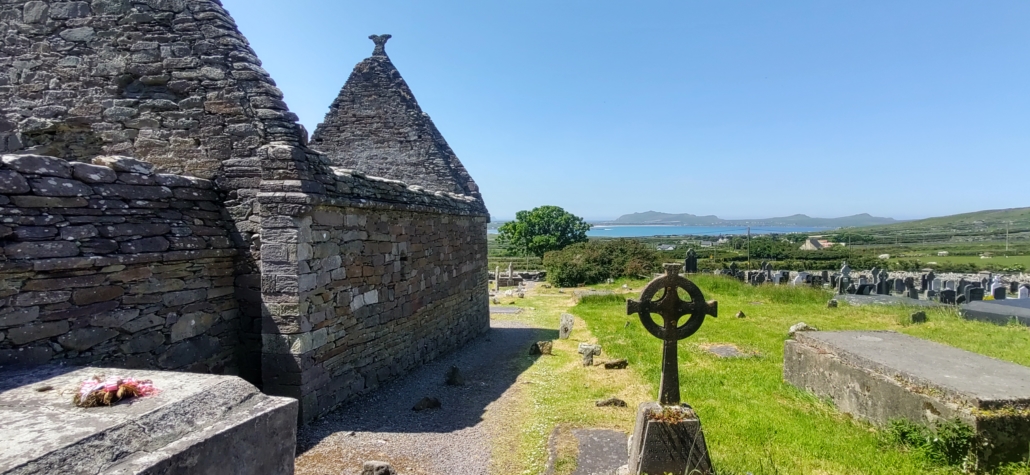
My attention was taken by the smaller things in the graveyard – an old carved sundial, an Ogham stone carved with notches that were the language of the time and a grave to someone killed by the British in 1918.
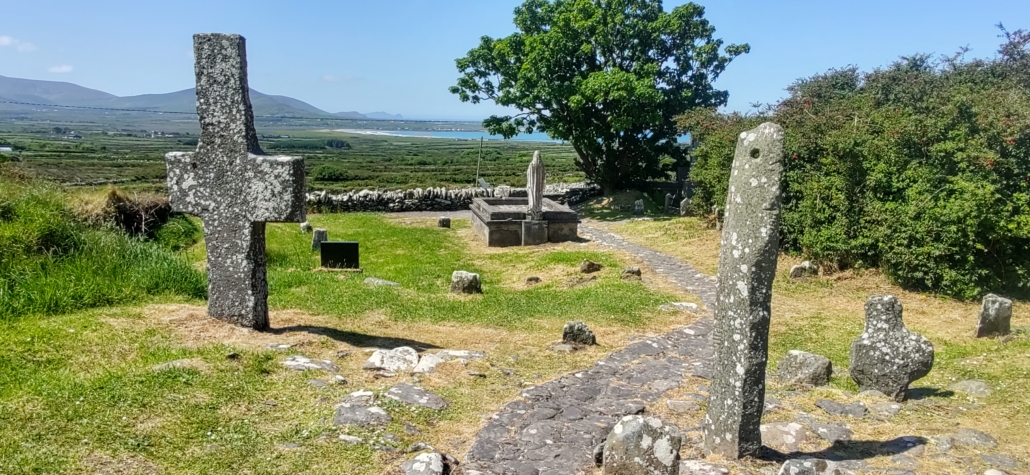
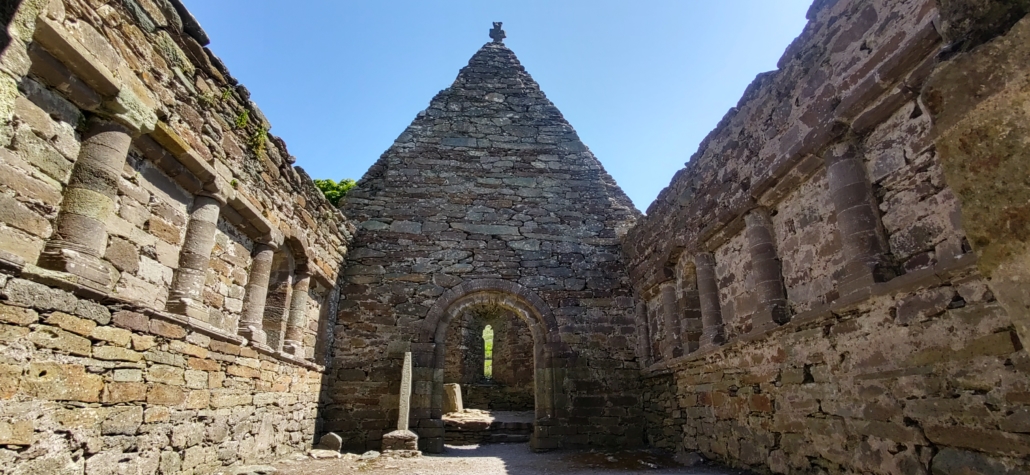
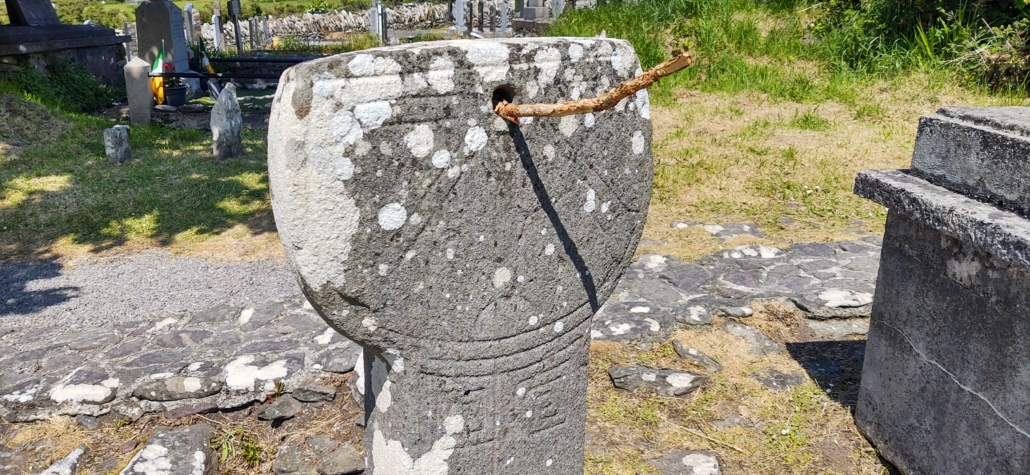
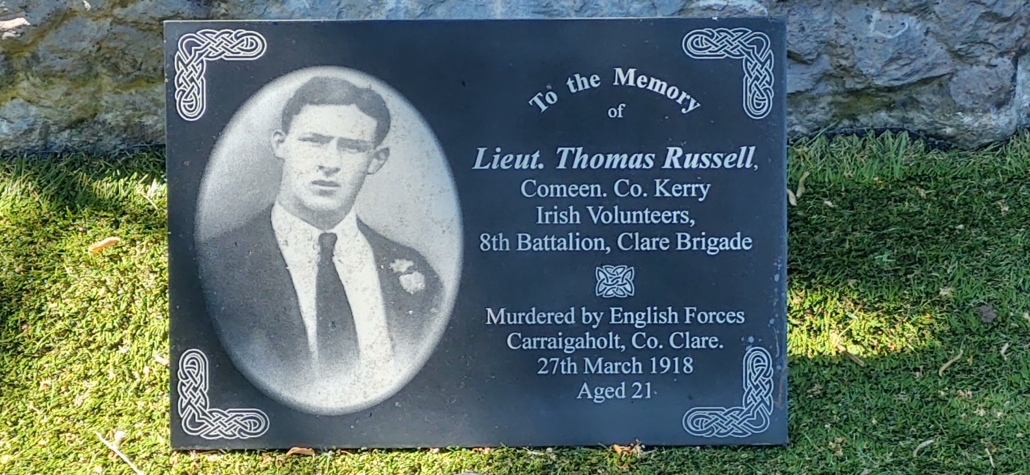
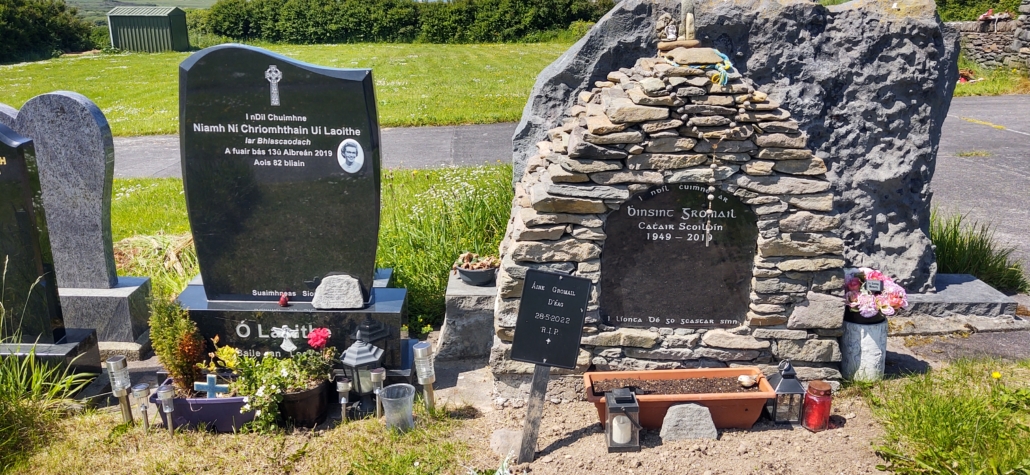
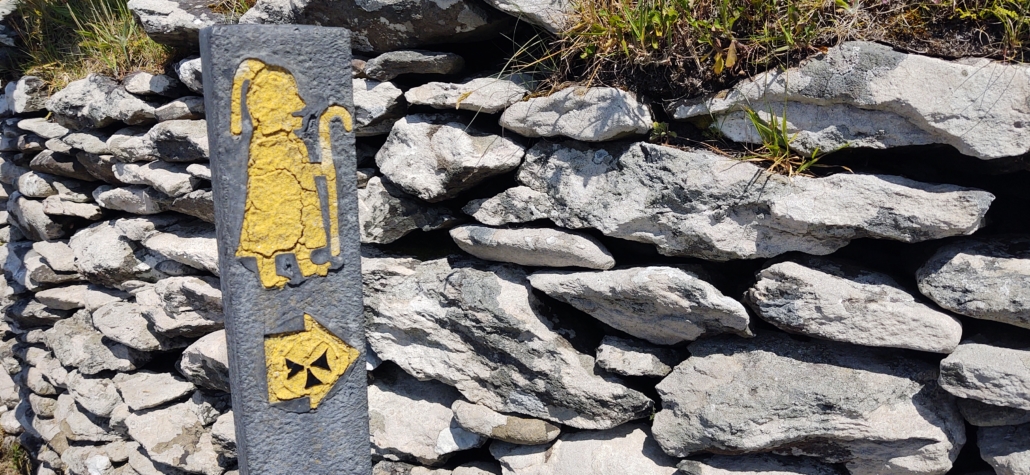
By now we were sightseeinged out. After a spot of lunch back at Zagan we drove the rest of the Slea Head drive, which was pretty, but not a patch on what we saw yesterday. Back in Dingle, we drove straight through, having visited just a couple of days before, and made our way to Inch Strand.
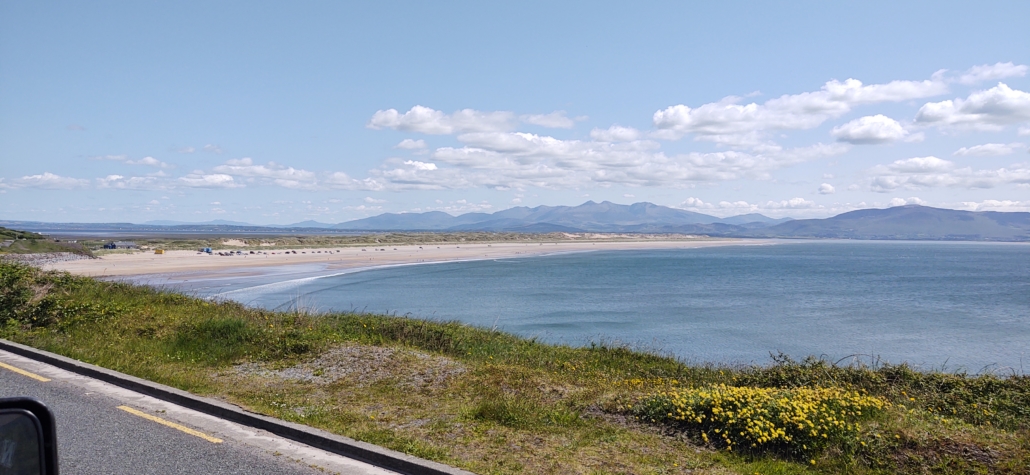
This huge sand spit sticks out 5km into Dingle Bay and you’re allowed to drive and park on it. After settling into the Inch Beach campsite across the road (N52.143376, W9.98037) we went for a walk along the beach as there’s not really a lot else to do, other than visit the cafe or people watch.
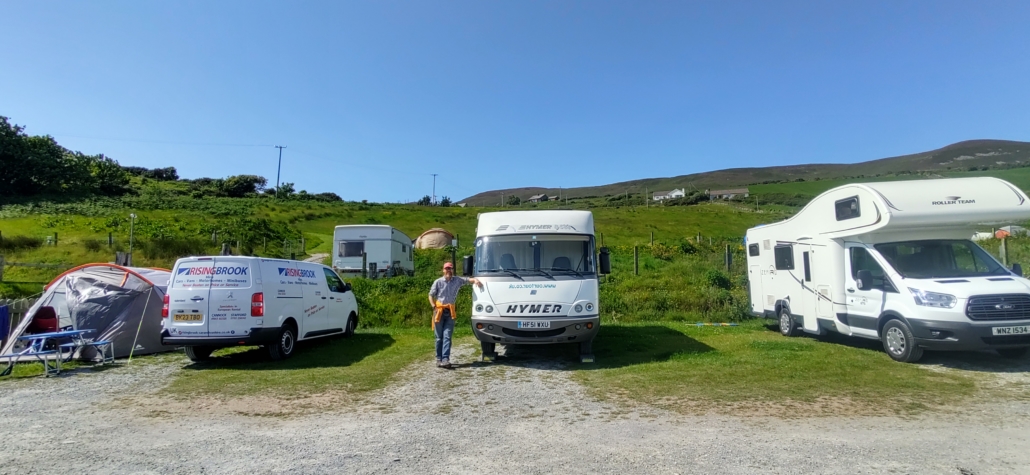
On the beach it’s not so much people watching, as vehicle watching. We’ve helped push one car out of the soft sand. When Jay went for a run he spotted another properly stuck around two and a half miles along the spit (way past the don’t drive beyond here sign) and sent help to them. We’ve also watched several vans and cars being freed from the beach’s sandy grasp by groups of helpers. It’s actually quite fun to do, and satisfying when you get them free.
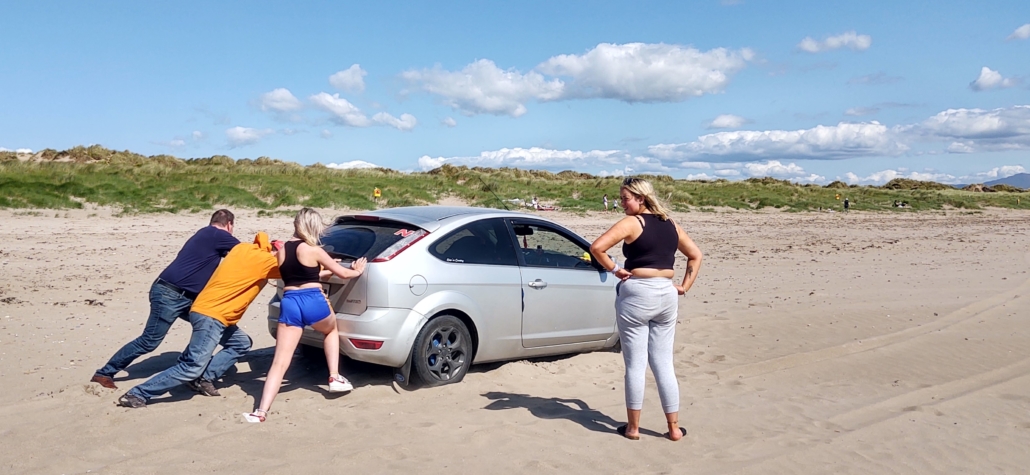
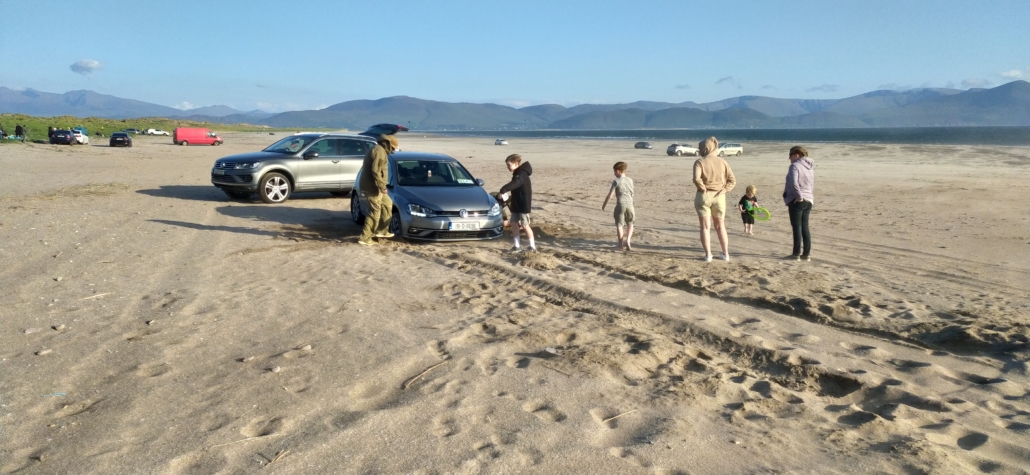
The campsite around us has filled up. We haven’t been on a site this busy in a long time. There’s music playing and the waft of BBQ smells everywhere. The weather forecast for the weekend is great, and everyone is making the most of it. There were even fireworks going off around 1am, so people were in party mood.
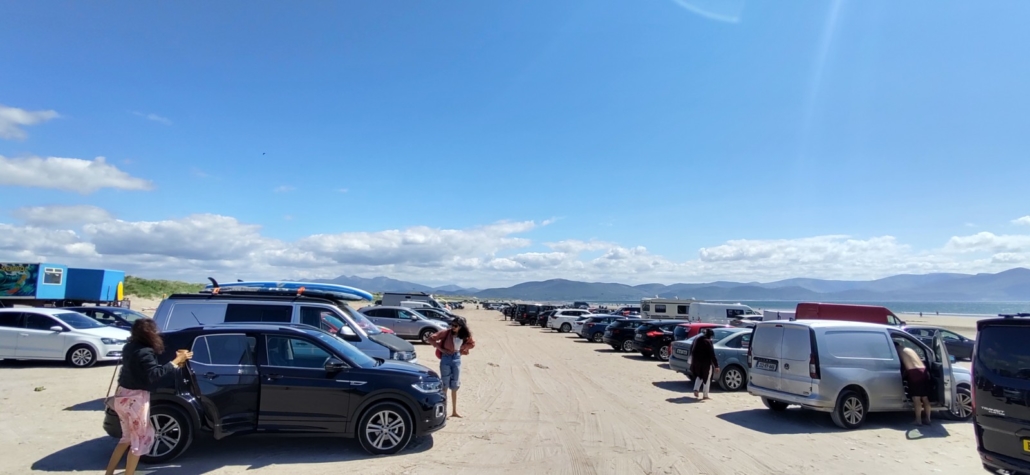
This morning in blazing sunshine we crossed the road over to the beach to join the Inch Beach Parkrun. Parkruns start at 9.30am here in Ireland (they’re at 9am in England). We got a double lie in as we didn’t need to drive anywhere to get to it. The long straight spit of sand was perfectly flat and firm enough for running on. There were 35 runners made up of locals and ‘Parkrun tourists’ from elsewhere in Ireland. We were the only ‘international’ runners this week.
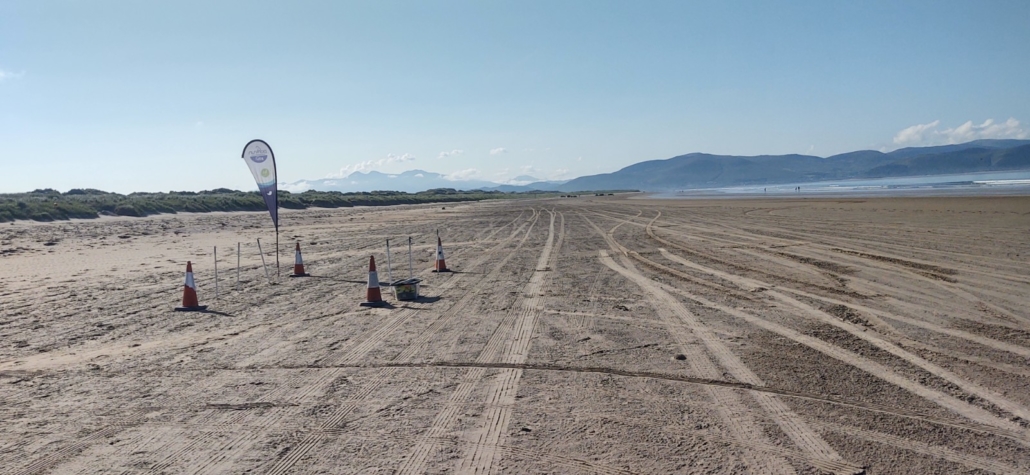
At bang on 9.30 we were set off, our instructions were to run to Deirdre (the marshal 2.5km away at the turnaround point), then run back to the finish – even Jay couldn’t get lost on this one! It reminded me of drag racing on salt flats, as we all charged off down the wide expanse of beach. With the course being so flat it I managed to get round in under 30 minutes, which is a first for a long time. Jay romped home in second place, only beaten by a lad young enough to be his son.
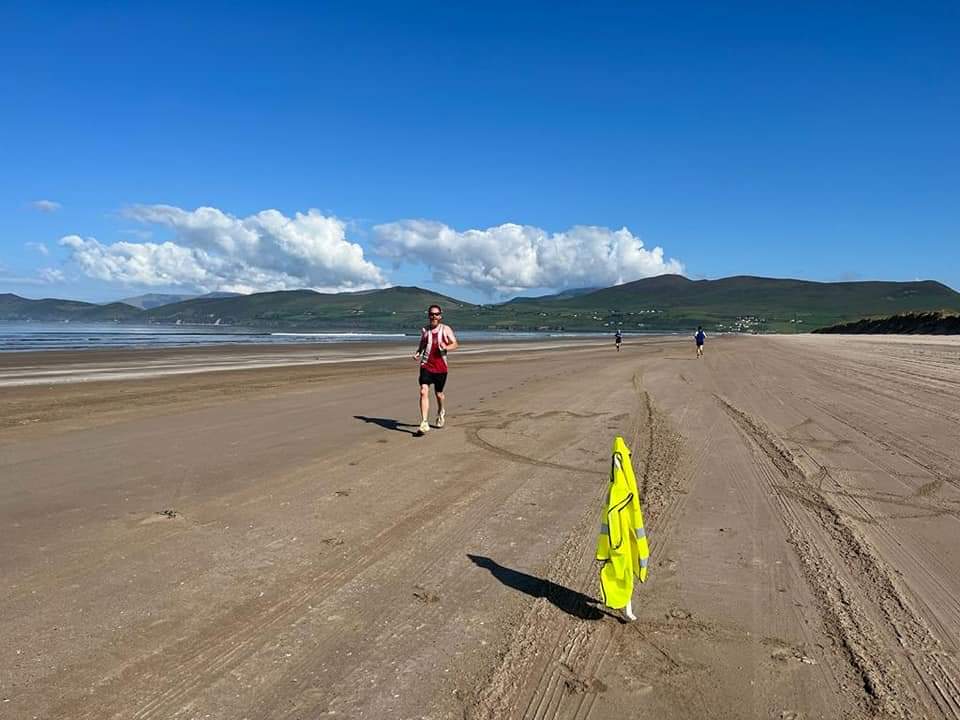
The only thing to do after a run like that was to go for a paddle in the sea to cool down. The sea was so shallow it was a cold rush at first, but soon felt warm lapping around our ankles. We got chatting to a several fellow parkrunners and caught a glimpse into life around here. One lady telling us that she loves it when September comes and the tourist traffic and coaches leave, another chap saying that tourism is really the only industry around here.
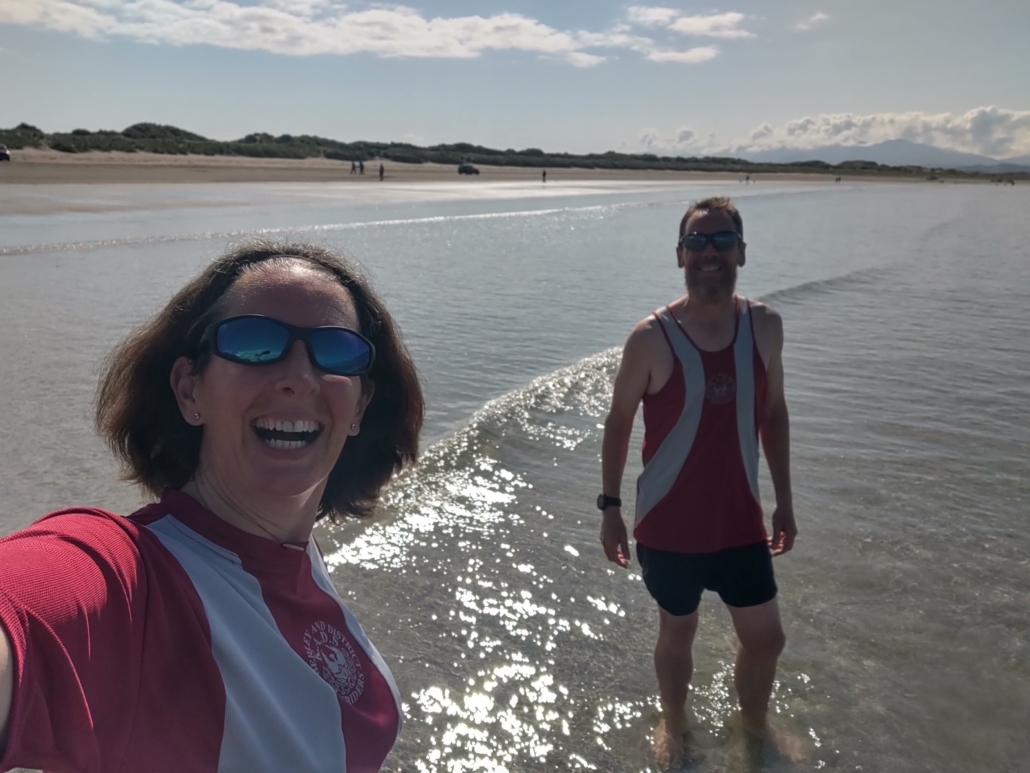
It was such a lovely day that we decided to stay here for another night and have a bit of time sitting doing nothing in the sun (or writing a blog post in the hot tin van as it turns out!). Tomorrow we start our journey to Dublin which feels like heading home, so I’m off out for some sunshine to squeeze the last little bit from our holiday within a holiday.
Ju x
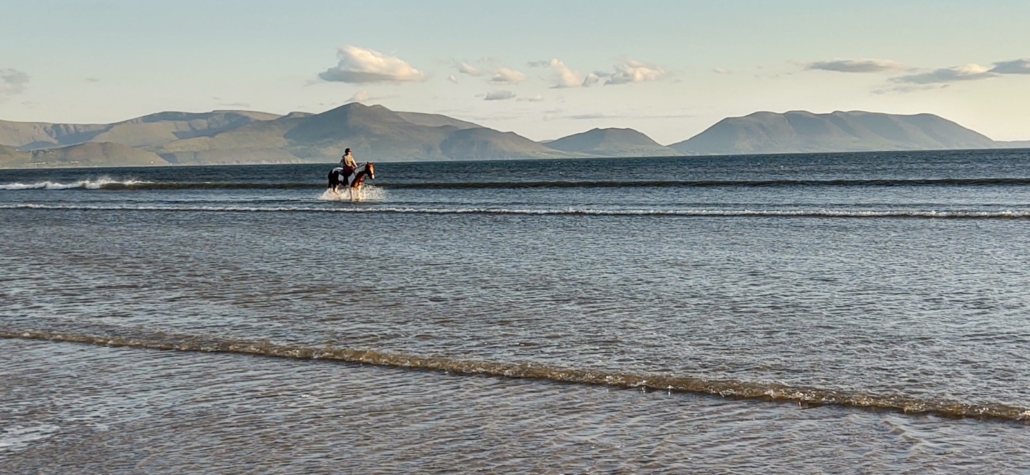

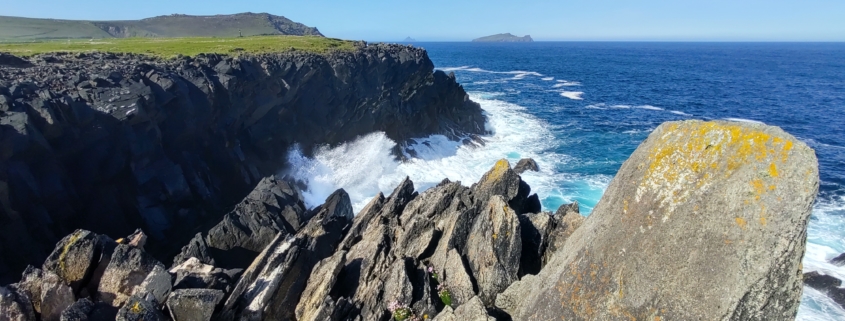
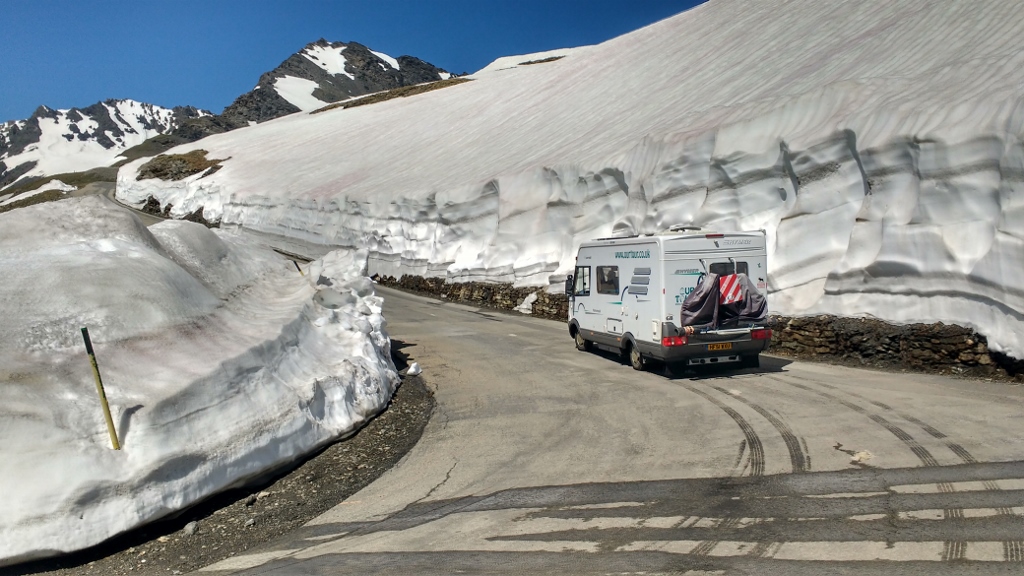


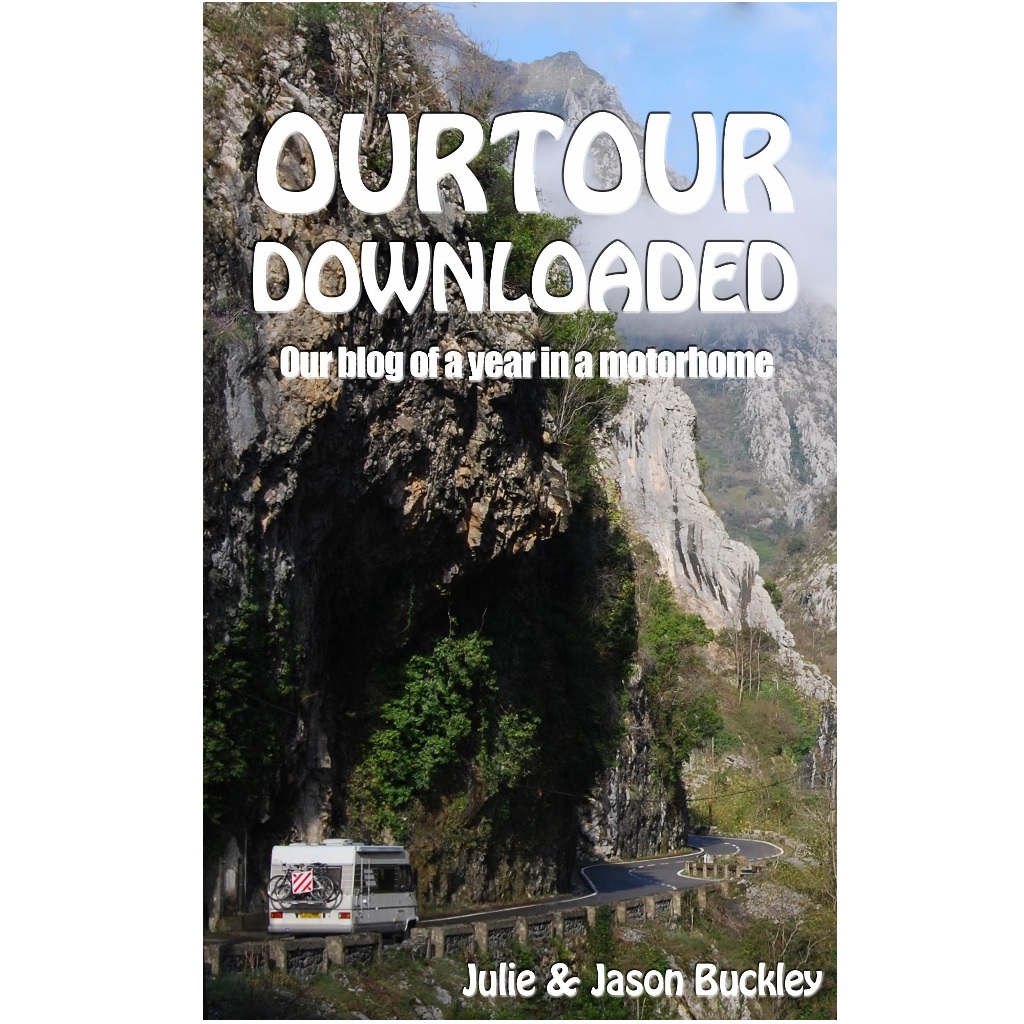
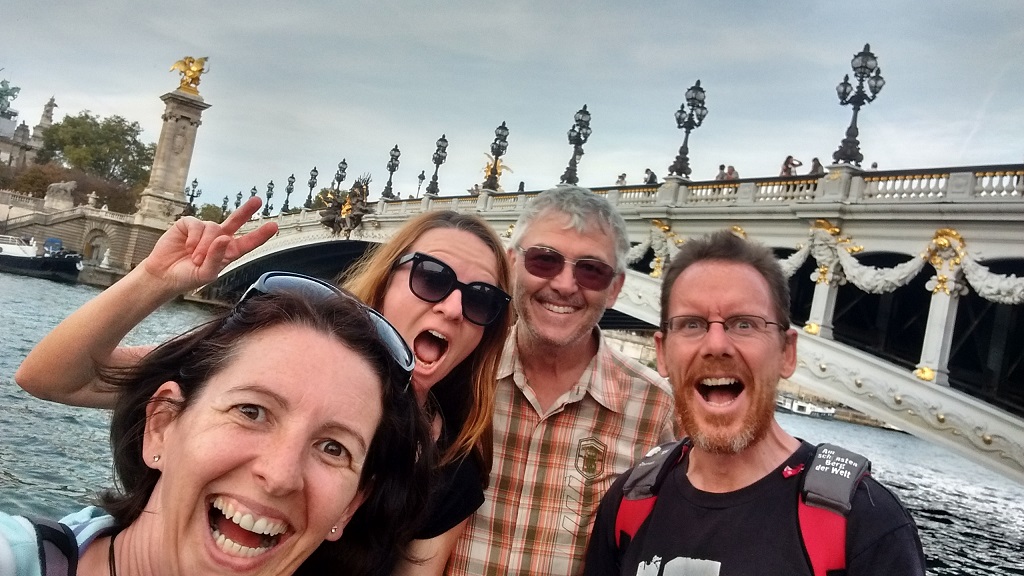



Wow! It looks so beautiful and peaceful, we’ve never been to Ireland.
It will be on our list.
Enjoy your blogs on a Sunday morning.
Enjoy the rest of your time away.
Xx